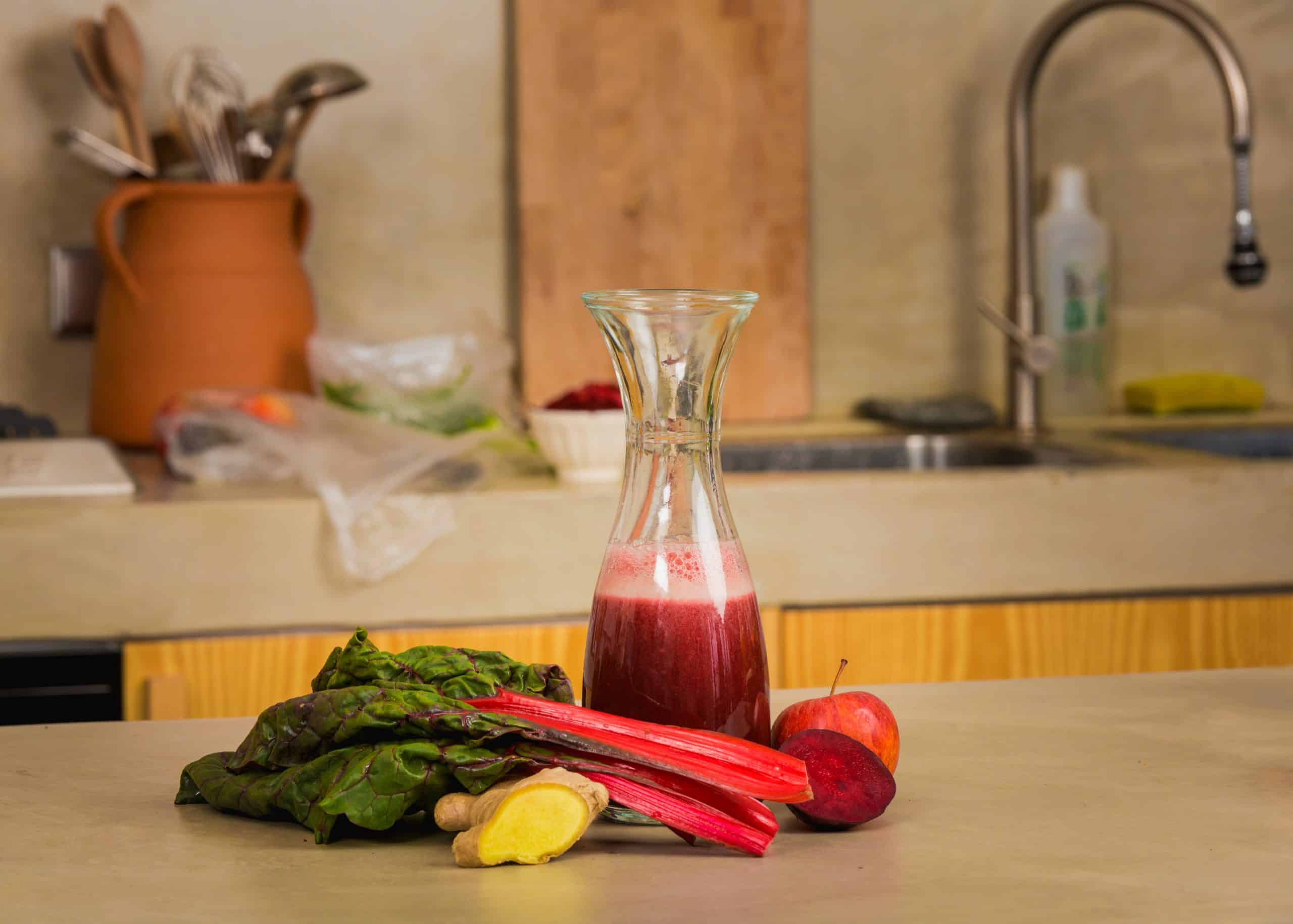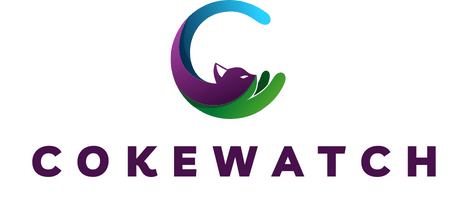How Does a Plant-based Diet Influence the Effectiveness of Chemotherapy in Cancer Patients?

The emergence of cancer has rapidly increased over the past years, causing a shift in the attention of health professionals and researchers towards finding more effective ways of managing the disease – a quest that extends well beyond the hospital. Among the strategies being explored is the role of diet in the prevention and treatment of cancer, particularly a plant-based diet. In this context, the focus of this article is to delve into how a plant-based diet influences the effectiveness of chemotherapy in cancer patients.
The Role of Diet in Cancer Treatment
Before we go into the specifics of a plant-based diet, let’s first understand the general role that diet plays in cancer treatment. This is a critical aspect of managing the disease as what you eat impacts your health and your body’s ability to fight the disease.
Topic to read : What Is the Impact of Intergenerational Programs on Cognitive Function in Older Adults?
The relationship between nutrition and cancer is complex. Studies have shown that certain foods can increase or decrease cancer risk. However, it’s not just about individual foods. It’s also about patterns of diet and lifestyle. In the case of cancer patients, dietary interventions can be a crucial part of the treatment process.
The keyword here is nutrition. The body needs essential nutrients to function correctly, and when we are sick, these nutritional needs increase. Cancer patients undergoing treatment require a higher intake of proteins, healthy fats, vitamins, and minerals to help the body repair itself and maintain strength.
Additional reading : Orthopedic solutions for pain-free feet
The Power of Plant-based Foods
Plant-based foods are rich in essential nutrients that can boost the immune system and improve overall health. This type of food includes fruits, vegetables, whole grains, legumes, seeds, and nuts. A diet centered on these foods is what we refer to as a plant-based diet.
Several studies have linked plant-based diets with a lower risk of chronic diseases like cancer. It’s also been found that plant-based foods can enhance the effectiveness of cancer treatments, including chemotherapy.
The power of plant-based foods lies in their high content of dietary fiber, antioxidants, and phytochemicals, which have been shown to reduce inflammation, a known risk factor for cancer. Furthermore, plant-based diets tend to be low in saturated fats and free from the potential carcinogens found in processed meats, which have been linked to higher cancer mortality rates.
Plant-based Diet and Chemotherapy
So, how specifically can a plant-based diet influence the effectiveness of chemotherapy in cancer patients? Let’s delve a little deeper into the science.
Chemotherapy is a treatment that uses drugs to destroy cancer cells. However, it can also affect normal cells, causing side effects like nausea, vomiting, loss of appetite, and changes in taste and smell, making eating a challenge for many patients.
A plant-based diet can potentially help to alleviate some of these side effects. High-fiber foods can help manage digestive issues, while fruits and vegetables rich in vitamins and antioxidants can help reduce inflammation and boost the immune system.
In addition, plant-based diets can help to maintain a healthy body weight, which has been associated with better survival rates in cancer patients. Overweight and obesity are risk factors for poor prognosis in cancer patients, as they can affect the body’s ability to metabolize chemotherapy drugs.
Plant-based Diet: A Complementary Approach
While a plant-based diet can be a powerful ally in battling cancer and improving the effectiveness of chemotherapy, it should not be seen as a standalone treatment. Instead, it should be viewed as a complement to traditional cancer treatments.
Health professionals emphasize that a plant-based diet is not a cure for cancer, but a tool to support the body during cancer treatment. It’s essential to remember that each person’s needs are different, and what works for one patient may not work for another. Therefore, it’s always important to seek individualized dietary advice from a healthcare professional.
In conclusion, the role of a plant-based diet in cancer treatment is an area that continues to gain attention. The evidence to date suggests that it can indeed have a positive impact on the effectiveness of chemotherapy in cancer patients. However, further studies are needed to build on these findings and provide more concrete guidelines on the optimal dietary strategies for cancer treatment.
Plant-based Diet across Different Types of Cancer
With the spotlight on the correlation between a plant-based diet and cancer treatment, it is worthwhile to discuss its impact on different types of cancers. According to a study published on Google Scholar, the type of cancer can influence the effectiveness of a plant-based diet.
Breast and prostate cancers, in particular, have shown promising responses to plant-based diets. A meta-analysis of several studies suggested that diets rich in fruits, vegetables, and other plant-based foods can help in reducing the risk of developing breast cancer. For prostate cancer, research has shown that a plant-based diet rich in soy products can contribute to slower tumor growth.
However, it is worth noting that while plant-based diets can be helpful in some cancers, there may be others where the impact is less clear. For instance, the ketogenic diet, which is low in carbohydrates and high in fats, is being studied for its potential benefits in brain cancer treatment.
Another interesting aspect is the timing of dietary changes. Post-diagnosis dietary patterns, including switching to a plant-based diet, may have a different impact compared to pre-diagnosis dietary habits. A Mediterranean diet, which is rich in plant-based foods, has shown potential in reducing the risk of cancer mortality when adapted post-diagnosis.
Plant-based Diet and Other Cancer Treatments
Apart from its influence on chemotherapy, a plant-based diet might also complement other cancer treatments like radiation therapy. Radiation therapy aims to damage cancer cells’ DNA to stop their proliferation. A plant-based diet, rich in antioxidants, can support this by protecting normal cells from the harmful side effects of radiation.
The potential side effects like fatigue, skin changes, and loss of appetite can be managed by consuming a diet rich in plant-based foods. These foods are typically low in fat, high in fiber, and packed with vitamins and minerals, which can help manage weight loss and maintain energy levels during radiation therapy.
However, it’s essential to have an individualized diet plan that is tailored to the patient’s specific needs and treatment plan, as the nutritional requirements can vary significantly based on the type and stage of cancer, the treatment strategy, and the patient’s overall health status.
Conclusion
In sum, a plant-based diet could play a pivotal role in enhancing the effectiveness of cancer treatment, including chemotherapy and potentially radiation therapy. From helping manage side effects to potentially impacting cancer mortality rates, the benefits of plant-based foods in the context of cancer cannot be ignored.
However, it is important not to oversimplify the correlation between diet and cancer treatment. As each type of cancer is unique, so too is each patient. What works for breast cancer might not be as effective for brain cancer, and what benefits one patient might not benefit another.
Further research is needed to provide more definitive guidelines on the optimal dietary patterns for different types of cancers and treatment strategies. Meanwhile, patients are advised to seek individualized dietary advice from healthcare professionals to understand how best to incorporate plant-based foods into their lifestyle.
While the battle against cancer continues, it is encouraging to know that our diet, something within our control, can contribute positively to this fight. The power of plants might indeed be more significant than we think. We must not underestimate the role of a healthy diet in supporting traditional cancer treatments.
